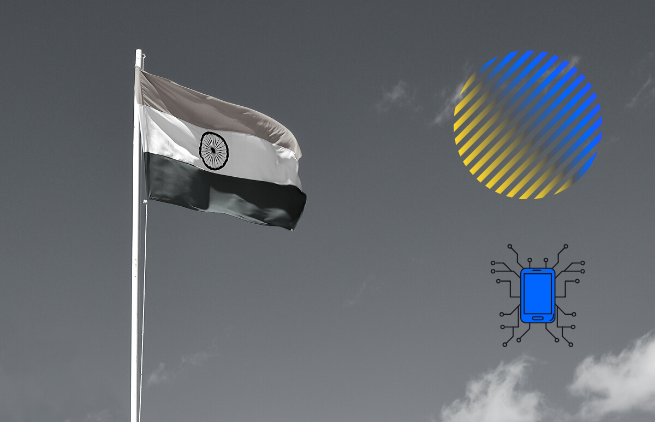
You and I are interacting through this digital medium, exchanging information and getting to know new stuff. The digital world opens up various opportunities and is fairly easy to use if one has the required resources, training/knowledge and overall access to use it. But that is where the catch lies and it becomes pertinent to understand this to make sense of the existing gaps that make the dream of digital India an existing challenge. Couple of indicators that can help understand digital outreach are internet usage and mobile internet usage. There are 462 million internet users (highest number in 2018, source) in India as compared to the total population of 1.3 billion which results in roughly 35% of the total population. The number of active mobile internet users is 430 million and about 250 million people are active on social media (source). To put things in perspective, the number for China is 751 million (highest number of internet users) which is about 55% of the population (2018) and that of USA is around 76% of the population (2016).
While it shows that there lot to catch-up in terms of internet access in India, it is also important to realize that this access is a challenge because there is not enough free access to both hardware and software required for the same. This usage also requires people to have relevant understanding to effectively access and use digital media – internet and internet devices. Data also shows that in India there are far more men users than women (71% men to 29% women) possibly pointing to social structures impacting free access. Further, data on hours spent on internet as well as types of places visited would help in enhancing the picture of digital access. With smartphones becoming cheaper and better, and with the prospect of cheaper and more affordable internet facilities in the future, digital access should improve in India. Add into this basic education and these figures would be better. While the projections for 2022 raise access to some 38%, there is still a lot to be covered to become adequately Digital.
Contributors:
Haritha Songola is currently pursuing their master’s degree in Climate Change and Sustainability Studies. Their research work focuses around Food Security and Climate Change, Feasibility of Carbon Budget Scenarios and Sustainable Growth.
Manvirender Singh Rawat is founder of Klaymatrix. He has worked on a wide array of projects in development sector and is constantly trying to bring in his data science expertise.
[/fusion_text][/fusion_builder_column][/fusion_builder_row][/fusion_builder_container]
